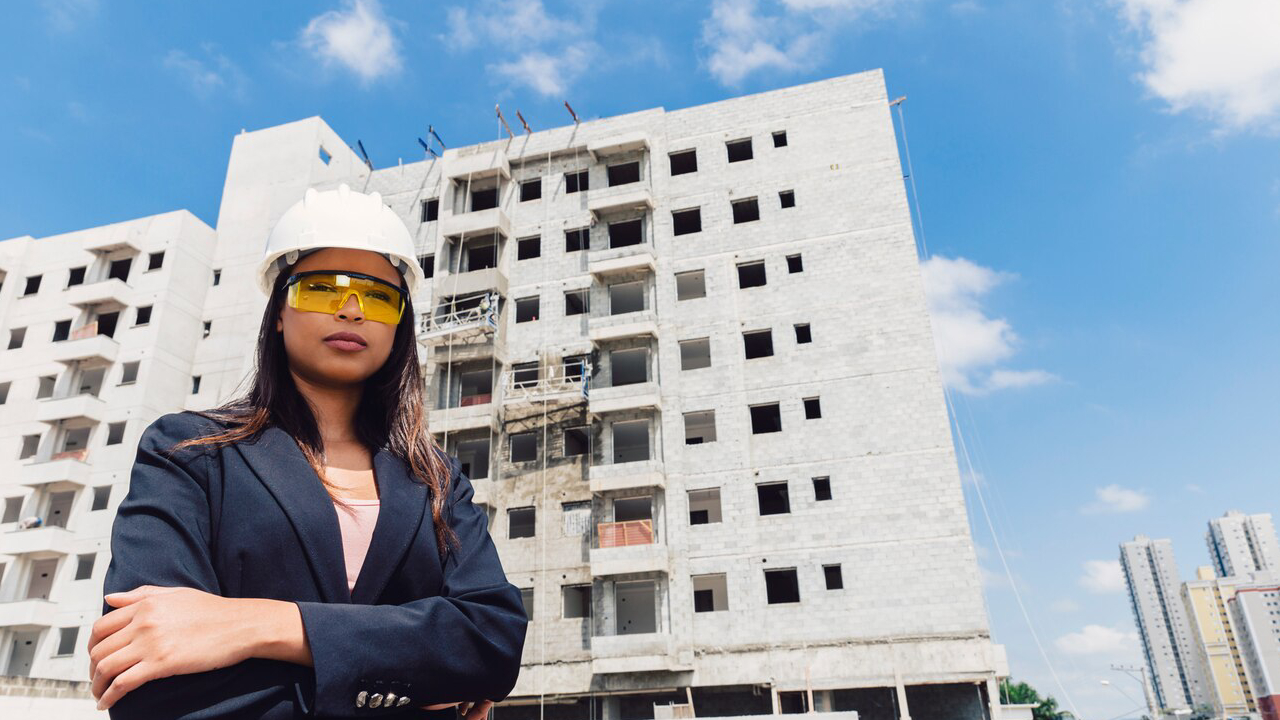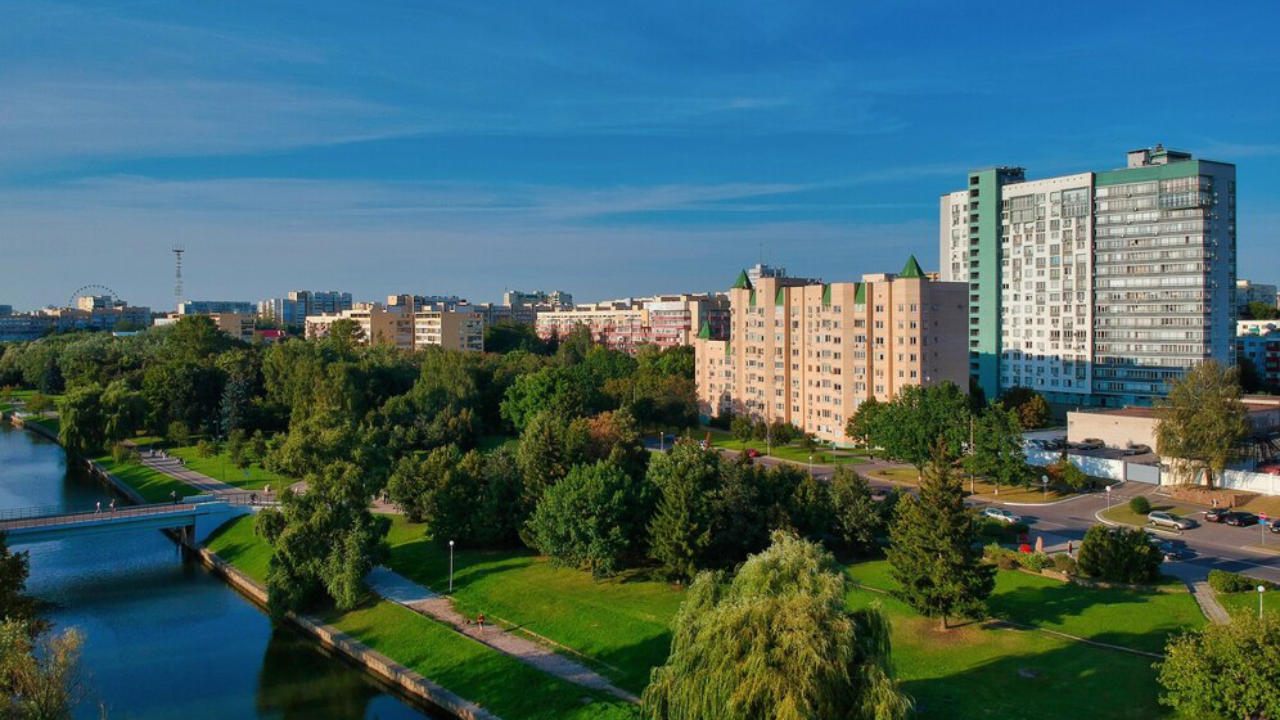Delhi, India’s bustling capital city, attracts people from all walks of life. Renting a house in this diverse metropolis can be an overwhelming task, especially for newcomers.
This guide provides actionable tips and tricks for renting a house in Delhi in 2025, ensuring you find a home that fits your budget and lifestyle.
Understanding Delhi’s Rental Landscape
Delhi offers a wide range of rental properties, from affordable one-bedroom apartments to luxury villas. Here’s an overview of the city’s rental landscape:
- Average Rent Prices (2025):
- 1 BHK: ₹10,000 – ₹25,000 per month.
- 2 BHK: ₹20,000 – ₹40,000 per month.
- 3 BHK and above: ₹35,000 – ₹1,00,000+ per month.
- Popular Residential Areas: Saket, Dwarka, Vasant Kunj, Rohini, and Greater Kailash.
- Key Factors Affecting Rent: Proximity to metro stations, neighborhood amenities, and property type.
Step 1: Determine Your Budget
Before starting your search, set a realistic budget that includes:
- Rent: Usually 30-40% of your monthly income.
- Security Deposit: Typically equivalent to 1-2 months’ rent.
- Utility Bills: Electricity, water, and internet.
- Broker Fees: One-time fee, usually 1 month’s rent.
Pro Tip: Use online rent calculators to estimate your monthly expenses.
Step 2: Choose the Right Location
Delhi is divided into several zones, each catering to different lifestyles and budgets. Here’s a quick breakdown:
- South Delhi: Ideal for luxury living. Popular areas include Saket, Hauz Khas, and Green Park.
- West Delhi: Affordable housing with good connectivity. Explore Janakpuri and Rajouri Garden.
- East Delhi: Budget-friendly areas like Mayur Vihar and Preet Vihar.
- North Delhi: Proximity to educational institutions makes it perfect for students. Check Model Town and Kamla Nagar.
- Dwarka Sub-City: A planned area with affordable rents and excellent metro connectivity.
Step 3: Search for Properties Online
Leverage technology to find the best rental properties in Delhi. Popular platforms include:
- MagicBricks: Offers verified listings and filters for price, location, and amenities.
- NoBroker: Directly connects tenants with landlords, saving brokerage fees.
- 99Acres: Provides detailed property insights and neighborhood ratings.
Step 4: Work with Reliable Brokers
While online platforms are helpful, traditional brokers can offer personalized assistance. Tips for working with brokers:
- Choose brokers with local expertise.
- Negotiate their commission upfront.
- Verify their credentials and reviews.
Pro Tip: Ask for a list of properties within your budget before committing to any service.
Step 5: Visit the Property
Never finalize a property without visiting it in person. Things to inspect:
- Condition of the Property: Check for damp walls, broken fixtures, or plumbing issues.
- Neighborhood: Assess safety, noise levels, and proximity to essential services.
- Commute: Test the distance to your workplace or metro station.
Step 6: Negotiate the Rent
Negotiating rent can save you money. Tips for successful negotiation:
- Highlight your profile (e.g., long-term tenant, professional).
- Compare rent prices in the area.
- Ask for additional perks like parking or reduced maintenance fees.
Step 7: Understand the Lease Agreement
The lease agreement is a crucial document that protects your rights as a tenant. Key points to review:
- Rent and Deposit Amount: Ensure these match your discussions.
- Duration: Standard leases are for 11 months.
- Maintenance Charges: Clarify who’s responsible for repairs.
- Termination Clause: Understand the notice period for moving out.
Pro Tip: Get the agreement registered to avoid legal issues.
Step 8: Verify Landlord Credentials
Avoid fraud by verifying the landlord’s identity. Steps include:
- Request property ownership documents.
- Verify their Aadhaar or PAN card.
- Speak to previous tenants if possible.
Pro Tip: Ensure that the landlord’s name matches the property papers.
Step 9: Plan for Moving In
Once you finalize the property, plan your move efficiently:
- Pack Smart: Declutter and pack essentials first.
- Hire Movers: Compare quotes from local movers.
- Utility Setup: Transfer or set up utilities like electricity, water, and internet.
Step 10: Familiarize Yourself with Local Laws
Knowing tenant rights in Delhi can save you from disputes. Key laws include:
- Security deposit limits.
- Mandatory notice periods.
- Rent Control Act provisions.
Pro Tip: Consult a legal expert if unsure about any clause in the lease agreement.
Common Mistakes to Avoid
- Skipping Property Visits: Always visit the property to verify its condition.
- Ignoring Lease Terms: Read every clause carefully before signing.
- Paying Cash for Rent: Opt for online transactions for a secure record.
- Overlooking Hidden Costs: Clarify maintenance charges and utility fees.
Top Rental Areas in Delhi for 2025
- Saket: Ideal for professionals and families.
- Dwarka: Perfect for budget-friendly housing.
- Greater Kailash: For those seeking luxury.
- Rohini: Affordable with excellent amenities.
- Vasant Kunj: A mix of luxury and greenery.
Final Tips for Renting in Delhi
- Start your search early to avoid last-minute pressure.
- Use a mix of online platforms and brokers for wider options.
- Visit multiple properties to compare value for money.
- Maintain a written record of all landlord communications.
Renting a house in Delhi can be challenging, but with the right approach, you can find your dream home in this vibrant city.
Follow this guide and make informed decisions to enjoy a hassle-free rental experience.










